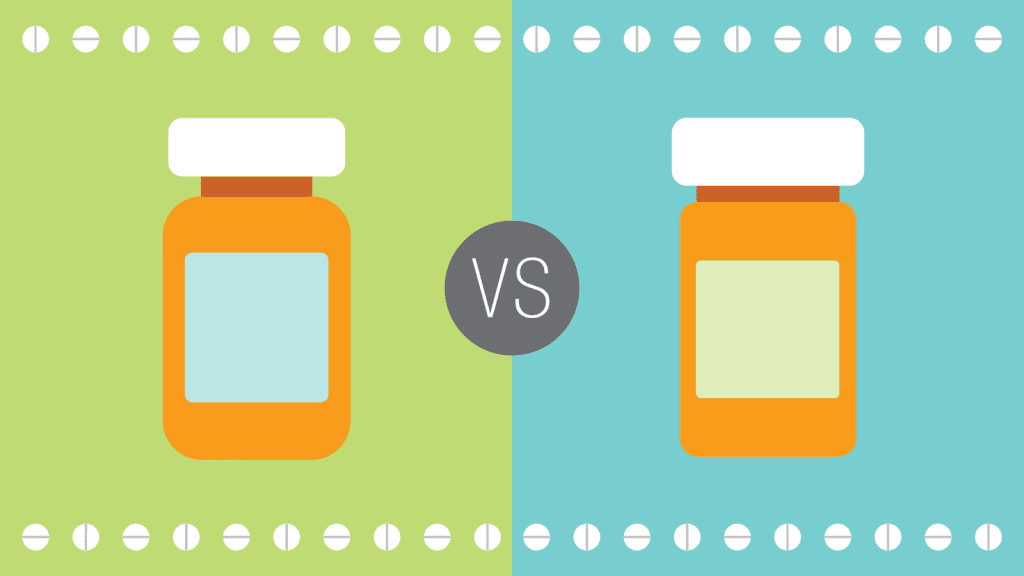Hypertensive and diabetic patients should not stop taking two common types of medication, despite a letter in The Lancet Respiratory Medicine warning they may be at increased risk of COVID-19
Hypertensive and diabetic patients should not stop taking two common types of medication, despite a letter in The Lancet Respiratory Medicine warning they may be at increased risk of COVID-19.
Angiotensin-converting enzyme inhibitors (ACEIs) and angiotensin receptor blockers (ARBs) upregulate the expression of ACE2 receptors, which are the doorway in a cell membrane that SARS-CoV-2 uses to get into a cell.
A letter from Dr Lei Fang et al., published in the journal on March 11 proposed that because of this upregulation, treatment with those drugs might increase a patient’s risk of developing severe and fatal COVID-19. It proposes switching to calcium-channel blockers, which do not appear to increase ACE2 expression.
But more than a dozen cardiology, renal and hypertension specialist medical societies around the world have strongly advised against taking patients off ACEIs or ARBs, based on the lack of evidence to date.
There is even some hope that ARBs might, paradoxically, protect against the worst outcomes from a SARS-CoV-2 infection.
Fang et al. noted the high proportion of hypertensive and diabetic patients among COVID-19 patients in Chinese studies.
But that is likely to be confounded by age, perhaps the biggest independent risk factor for the disease, with around three-quarters of people over 70 having some form of hypertension.
Patients could suffer adverse outcomes if they stopped taking blood-pressure-lowering drugs, said Professor Markus Schlaich, a Perth nephrologist and hypertension specialist, and president of the High Blood Pressure Research Council of Australia. The council has published a statement saying patients should not discontinue either drug.
“It’s an interesting theoretical construct, but there is nothing to support it at the moment,” he told TMR.
“What triggered the discussion is that a lot of patients who were infected had hypertension, had diabetes, had cardiovascular disease. And since these drugs are very effective, these patients often are on those drugs.
“But at this stage we do not have any human data to suggest that these drugs actually increase the susceptibility of getting the infection or worsen the chances that you have a severe outcome from this infection.
“I’ve just received another letter, which will probably appear in The Lancet very shortly, which shows that that these angiotensin receptor blockers in particular may actually protect from severe lung injury with the virus. In fact, in the US at the moment, one of those ARBs, losartan, is currently being tested in those patients to see whether that has a therapeutic benefit.”
The apparent paradox in whether it helps or hinders a patient in the context of COVID-19 lies in the fact that even though the ACE2 receptor is the virus’s way into a cell, it separately has a raft of positive cardiovascular effects – it’s “the good guy” in the renin-angiotensin system, Professor Schlaich said.
ACE inhibitors block the conversion of angiotensin I into angiotensin II, which is associated with not only vasoconstriction, but inflammation, vascular permeability, pulmonary oedema and acute respiratory distress syndrome.
Studies in ACE2 knockout mice have shown that while they were less prone to SARS-CoV infection, they were more prone to pneumonia and reduced cardiac contractility.
“Things may change,” Professor Schlaich said, “but at this point in time it’s very clearly safest to leave patients on their medication. Research is currently ongoing, but we have talked to colleagues and they have not seen any association between the use of these drugs and infection rates or severity.”





